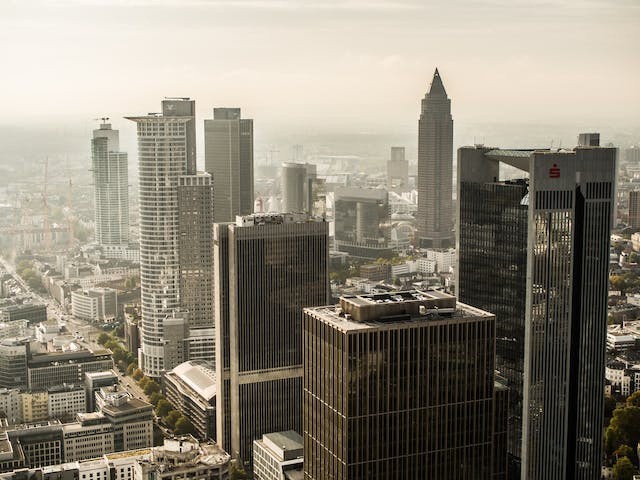
In a recent announcement, the Supreme Court revealed its plans to delve into the debate over an Environmental Protection Agency (EPA) rule targeting interstate smog. The court decided on Wednesday, opting to reserve judgment on whether to block the rule's implementation immediately. Instead, the court scheduled oral arguments during its upcoming February session.
The "Good Neighbor" Rule in Focus
Central to the upcoming deliberations is the EPA's "Good Neighbor" rule, designed to address the issue of interstate smog. The rule explicitly aims to control nitrogen oxide emissions from power plants and industrial facilities in states contributing to upwind pollution. The intention is to shield neighboring states from the detrimental effects of such emissions.
Proponents and Opponents Brace for Debate
Notably, the Supreme Court's order highlighted that both proponents and opponents of the rule, commonly referred to as the "Good Neighbor" rule, should be ready for arguments regarding the reasonableness of the rule's emissions controls. This sets the stage for a comprehensive examination of the rule's potential impact on various stakeholders.
Legal Battle Unfolds
The legal battle surrounding the rule escalated in October when Republican attorneys general and industry and utility groups approached the Supreme Court seeking a halt. Their contention stems from the belief that compliance with the rule would inflict irreparable harm on their industries and citizens. They argue that the mandate is perceived as unlawful, requiring substantial financial investments. Additionally, opponents claim the rule could jeopardize electricity generation and destabilize states' power grids.
EPA's Perspective and Public Health Implications
Responding to the Supreme Court's move, the EPA refrained from offering immediate comments. However, when initially proposing the rule, the agency underscored the significant public health benefits. The EPA anticipates averting 1,300 premature deaths in 2026 alone through the reduction of pollution.
Uncertain Outcome in a Shifting Legal Landscape
As the case unfolds, the ultimate ruling remains uncertain. Recent years have witnessed the conservative-majority Supreme Court taking steps to limit the EPA's authority, particularly in the realms of climate and water regulations. The court's stance on the "Good Neighbor" rule adds another layer of complexity to the ongoing legal dynamics surrounding environmental regulations.
Need Legal Help? Here's Why You Should Get a Lawyer
Be aware of the importance of experienced legal help in these high-stakes matters. A seasoned and experienced lawyer understands the complex legislature, provides nuanced advice, and can profoundly influence the outcome.
Knowing the law and your rights is essential in complex, challenging situations like the EPA smog rule. With explicit legal knowledge, you did not merely survive legal battles; you remain prepared for them. If you are entangled in this legal fight, don't hesitate to contact a lawyer today. Get the legal help you deserve.




